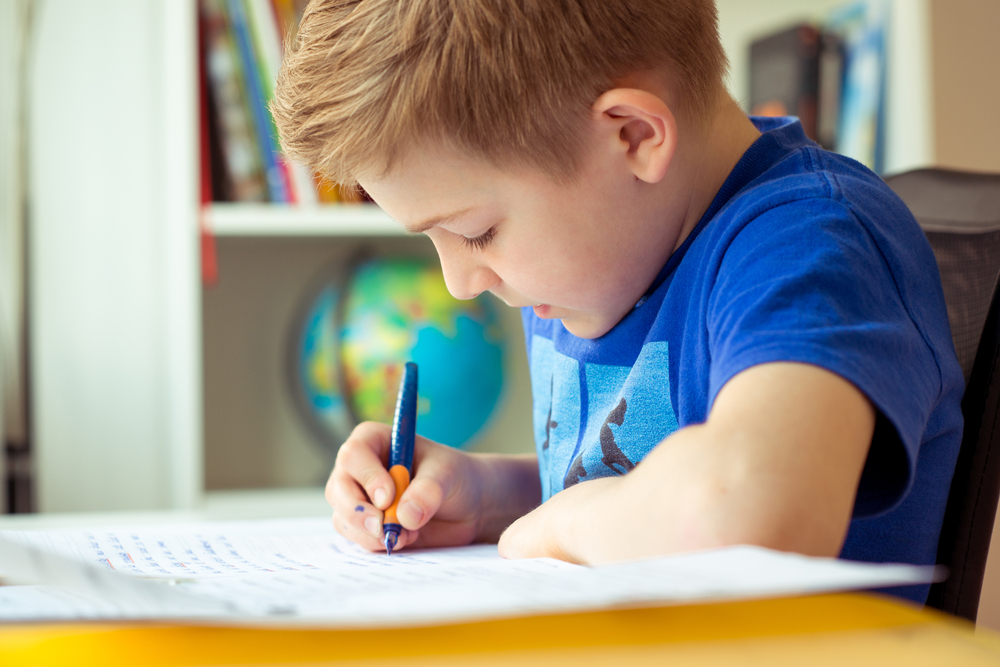Not all children are sent to preschool, but it is a great time for them to interact with others and learn new things to be prepared for kindergarten. Being exposed to this school environment early on can have a big impact on their improvement for years to come. School days with repetitive lessons and activities are tiring for children because they are full of curiosity. This is a great time to make mistakes and try things all over again. However, is preschool as necessary as it seems?
First, there was a new study in Tennessee. It consisted of 2,990 children from low-income families who applied to the state-supported preschool program but didn’t make it in because there wasn’t enough room. Eventually, when more spots opened up, some of them were randomly selected to get into preschool while others remained on the waitlist. The purpose of this study was to track the progress of the kids who were selected all the way up to sixth grade.
Surprisingly, the students who attended preschool had worse outcomes than those who did not. They had lower state test scores from third to sixth grade. Although they scored higher on school readiness, they were more likely to:
-
Have disciplinary infractions and lower attendance
-
Receive so-called special education
However, Arthur Reynolds, Ph.D. was not at all worried with these results. Reynolds is a child development expert who studies early education interventions at the University of Minnesota. “The quality of the program is what’s key when it comes to making gains in pre-K — and sustaining them up to and throughout middle school,” he argued. Other studies show the successful programs all included elements such as:
-
Smaller classes
-
Family engagement
-
Family services
-
Highly compensated teachers
-
Child-initiated activities that focus on peer relationships, play, and child choice
Unfortunately, this study doesn’t have any of those. “Tennessee is an anomaly. It’s just not a high-quality program,” Reynolds stated. The curriculum in this study was mainly teacher-directed, similar to other programs with kids from low-income areas. However, there should be more child-initiated activities and programs for kids. This is why Dale Farran, Ph.D., an early childhood education expert at Vanderbilt University and one of the authors of the study, believes these results differ from the results of other studies. As important as high-quality preschool programs are, notable K-3 schools are just as important. The lack of this explains why most kids made improvements throughout preschool but not continuing to third grade.
Lastly, there are many reasons why kids who attended preschool did worse than those who didn’t. Reynolds says, “I have no confidence that this study is showing something real, other than there’s no sustained effects.” There were mistakes in this study that couldn’t lead to fair, accurate results:
-
Kids dropping out of the study
-
Randomly picking which kids get into preschool versus scientifically matching them (comparing results between two kids who are very similar - one who goes to preschool and one who doesn’t)
-
“There were even pre-existing differences in the beginning of kindergarten” - Reynolds
In Conclusion, preschool is very good for children. Because of the flaws within the Tennessee study, the results didn’t help to contradict this argument. Kids learn fast and pre-K is a great opportunity for them to experience new things and new people that will help them grow. It is with high-quality preschool programs and a good K-3 school that kids will continue to improve and make gains all throughout their school careers.
Santora, Tara. “Study Calls Benefits of Pre-K into Question. Expert Says Not so Fast.” Fatherly, 7 Mar. 2022.
Read another article by our writers!

